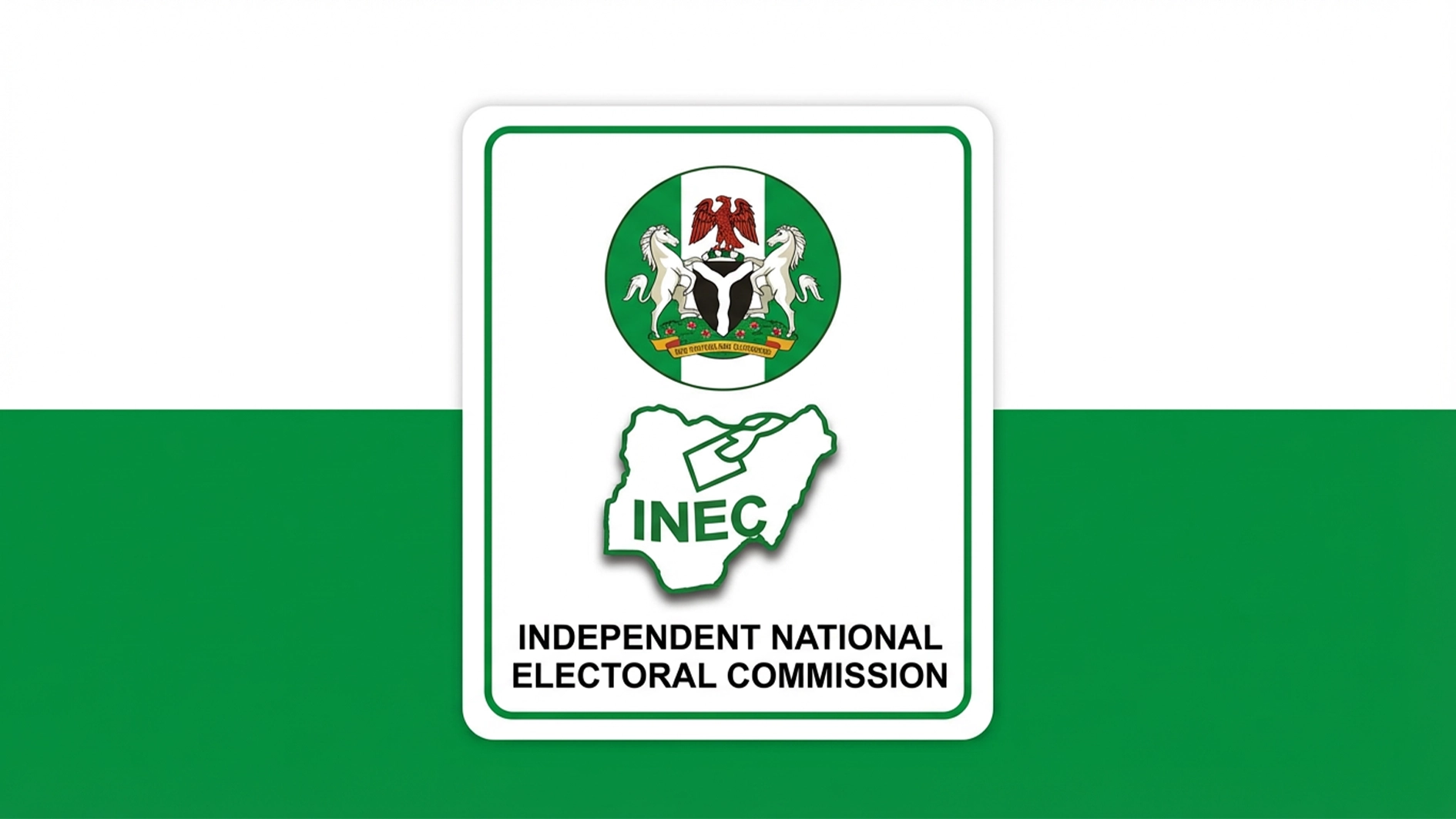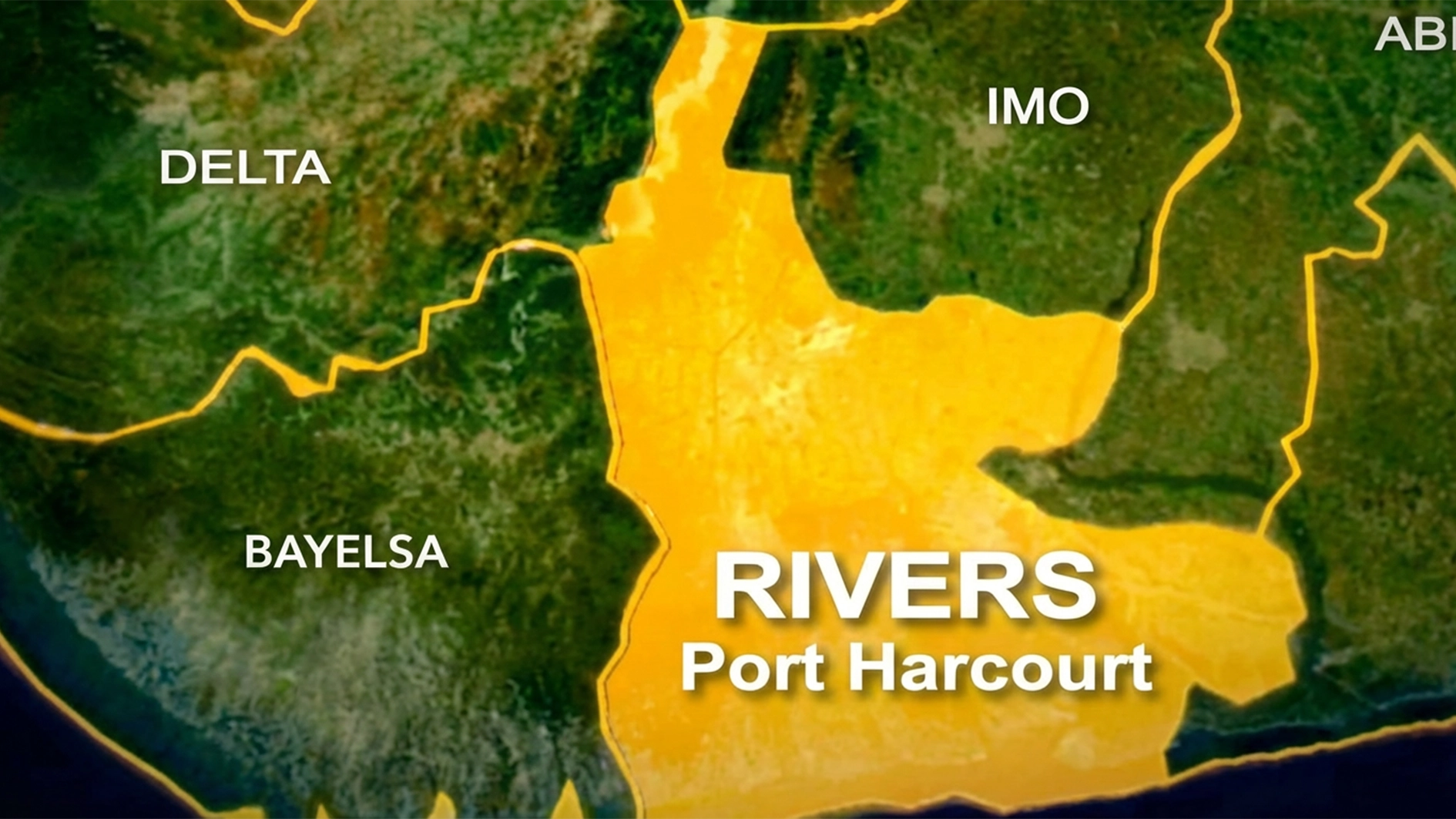The Minister of Foreign Affairs, Ambassador Yusuf Maitama Tuggar, has made a strong call to African governments, development partners, and the private sector to integrate gender and youth inclusion into the core of economic diplomacy, warning that without equitable growth, Africa’s transformation will remain fragile and incomplete .
Speaking during a high-level plenary session titled, ‘From Aid to Investment: Leveraging Economic Diplomacy for Africa’s Inclusive Development’ at the 2025 Gender and Inclusion Summit, Tuggar said the time has come for the continent to move from dialogue to deliberate action.
The summit, which kicked-off in Abuja on Wednesday and ended on Friday, was organised by the Policy Innovation Centre. It brought together leaders from across sectors to explore pathways for inclusive prosperity on the continent.
“Africa stands at the cusp of transformation. With a projected population of 2.5 billion by 2050 and a current GDP of $2.8 trillion, we possess the human capital and resources to drive global growth. But growth without inclusivity is fragile, and prosperity without equity is unsustainable,” Tuggar said. Drawing from the Council on Foreign Relations’ 2019 report, the minister presented striking data on the cost of exclusion.
“If women participated in the Nigerian economy at the same rate as men, our GDP could increase by $229 billion by 2025. This isn’t just a social issue; it’s a direct economic imperative,” he noted.
Tuggar outlined the ongoing inequalities facing women across the continent, pointing to education, economic participation, and political representation as the most pressing barriers.
He cited a 2024 UNESCO report showing that 7.6 million Nigerian girls are currently out of school, with nearly half of them in the North West and North East regions.
“In Africa, women comprise 70 per cent of the informal economy but remain largely excluded from formal trade structures. In Nigeria, women hold only 4.2 per cent of seats in the National Assembly, far below Africa’s average of 27.3 per cent. This underrepresentation in governance, business, and finance is a missed opportunity for growth,” he stated.
He also highlighted disparities in education, noting that only 69 per cent of African girls complete primary school compared to 73 per cent of boys, while just 43 per cent of girls finish lower secondary school.
In response to Nigeria’s inclusive foreign policy shift under 4-D diplomacy agenda, Tuggar revealed that Nigeria’s foreign policy has been recalibrated under President Bola Ahmed Tinubu’s 4-D Diplomacy Agenda, focused on Development, Demography, Diaspora, and Democracy, all anchored in inclusivity.
“Nigeria required a foreign policy with a fresh, all-inclusive purpose. Each pillar of our diplomacy now prioritises the inclusion of women and youth, not just as beneficiaries, but as co-creators of policy and prosperity,” he said.
This approach, he said, has birthed regional initiatives such as the Regional Partnership for Democracy (RPD), which aims to foster accountable governance by strengthening democratic institutions and promoting equitable participation.
“Central to the mission of RPD is ensuring that women and youth are not just present, but empowered economically and politically,” Tuggar explained.
He also referenced the West Africa Economic Summit (WAES), hosted in Abuja earlier this year, which resolved to dismantle barriers to finance, cross-border opportunities, and market access for women.
Tuggar cautioned that without targeted interventions, even promising trade initiatives like the African Continental Free Trade Area (AfCFTA) and Pan-African Payment and Settlement System (PAPSS) could perpetuate exclusion.
He, however, praised Nigerian financial institutions such as UBA, Access Bank, GTCO, First Bank, and Zenith Bank for their leadership in cross-border banking and digital integration.
The minister further highlighted several domestic frameworks as evidence of Nigeria’s commitment to gender parity and inclusive development. These include: Nigerian Sustainable Banking Principles, which recommend that 30 per cent of board seats and 40 per cent of management positions in banks be occupied by women; National Gender Policy (2021–2026) and the Women’s Economic Empowerment (WEE) Policy, which embed gender mainstreaming across governance and the economy; INEC Gender Policy, aimed at increasing women’s participation in politics; Three Million Technical Talent (3MTT) Programme, Nigeria Youth Investment Fund (NYIF), and the Student Loan Act, which equip youth with digital skills and access to education.
He also mentioned Nigeria’s Technical Aid Corps (TAC) as a tool for soft diplomacy and youth development, deploying young professionals across Africa, the Caribbean, and the Pacific.
Tuggar, therefore, called on stakeholders to support the development of a Gender and Inclusion Framework for Economic Diplomacy (GIF-ED) and adopt the Purple Book of Action Plans 2025, proposed by the summit.
He also issued a clear warning on the state of political representation. His words: “We must ensure that every deal, partnership, and policy closes gaps rather than widens them. Equity is not optional. Inclusion is not charity. They are the foundations of a prosperous, stable, and sustainable Africa. A 4.2 per cent share of parliamentary seats for women in Nigeria is unacceptable.
“True democracy demands equitable representation. We must remove systemic barriers to women’s leadership, including legal reforms that protect their rights to property, finance, and political office.”






